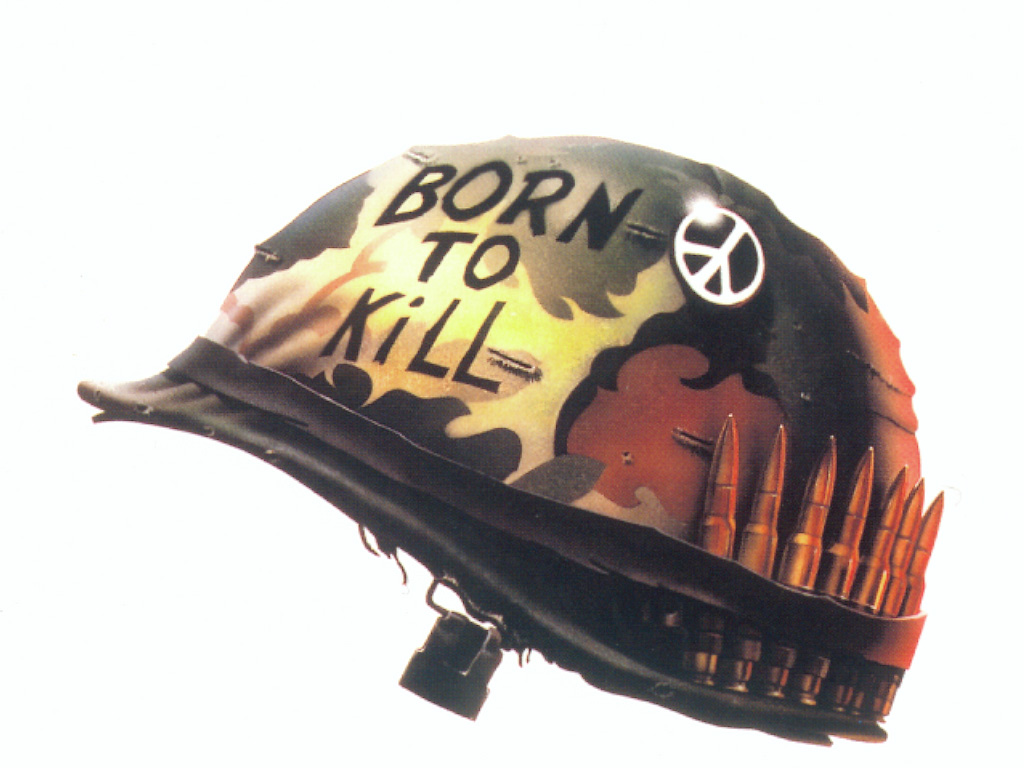Lyndon B. Johnson, Jan. 10, 1967: I wish I could report to you that the conflict is almost over. This I cannot do. We face more cost, more loss, and more agony. For the end is not yet. I cannot promise you that it will come this year–or come next year. Our adversary still believes, I think, tonight, that he can go on fighting longer than we can, and longer than we and our allies will be prepared to stand up and resist. We have chosen to fight a limited war in Vietnam in an attempt to prevent a larger war–a war almost certain to follow, I believe, if the Communists succeed in overrunning and taking over South Vietnam by aggression and by force. I believe, and I am supported by some authority, that if they are not checked now the world can expect to pay a greater price to check them later.
George W. Bush, Jan. 10, 2007: Tonight in Iraq, the Armed Forces of the United States are engaged in a struggle that will determine the direction of the global war on terror ? and our safety here at home. The new strategy I outline tonight will change America’s course in Iraq, and help us succeed in the fight against terror…The challenge playing out across the broader Middle East is more than a military conflict. It is the decisive ideological struggle of our tim…Victory will not look like the ones our fathers and grandfathers achieved. There will be no surrender ceremony on the deck of a battleship.
Bunch also points out something people should be SCREAMING from the mountaintops:
Only 7,917 American troop had died in Vietnam through the end of 1966, or ten days before Johnson’s speech. From the beginning of 1967 though the end of the war, an additional 50,285 — more than six times as many — Americans would lose their lives.

